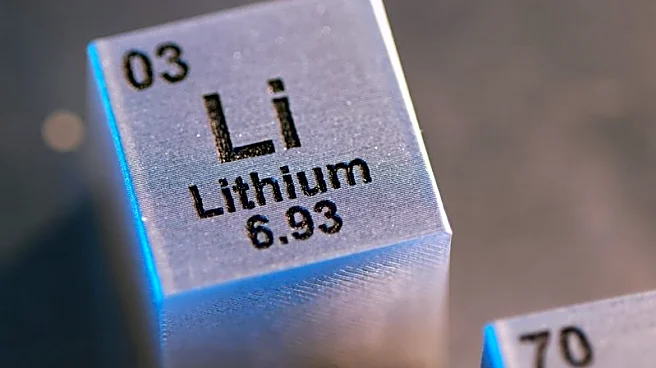Rapid Read • 7 min read
SpaceX has successfully launched its 33rd resupply mission to the International Space Station (ISS) using a Dragon capsule. The mission, which took off from Cape Canaveral Space Force Station, is carrying over 5,000 pounds of supplies, including crew provisions, scientific equipment, and space station hardware. Notably, the mission includes an add-on propulsion system designed to help maintain the ISS's altitude. This system consists of two SpaceX Draco engines, six propellant tanks, and helium for pressurization, all mounted in the Dragon's trunk section. The cargo also includes a variety of fresh food items for the crew, such as coffee, tea, and tortillas, which are preferred in space due to their lack of crumbs. The Dragon capsule is expected to dock with the ISS on Monday morning, and it will remain there until December.
AD
This mission is significant as it marks a continued collaboration between SpaceX and NASA in maintaining the ISS, which has been continuously inhabited for nearly 25 years. The introduction of the new propulsion system is particularly noteworthy as it provides an alternative to the Russian Progress spacecraft, which traditionally handles altitude adjustments for the ISS. This development could enhance the station's operational flexibility and reduce dependency on Russian technology. Additionally, the mission supports ongoing scientific research, including studies on microgravity's effects on bone loss and the potential for 3D printing in space, which could revolutionize how spare parts and medical devices are manufactured in orbit.
The Dragon capsule will conduct a series of propulsion burns starting in September to help maintain the ISS's altitude. These operations will continue throughout the fall of 2025. The success of this propulsion system could lead to more frequent use in future missions, potentially altering the logistics of ISS maintenance. The scientific experiments delivered will also proceed, contributing to a broader understanding of space's impact on human health and technology development.
AD
More Stories You Might Enjoy














